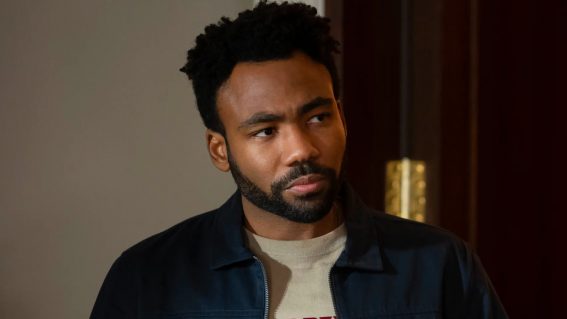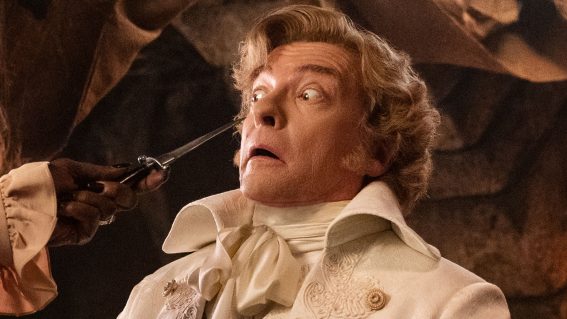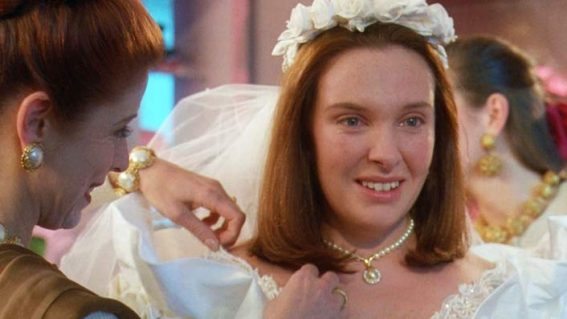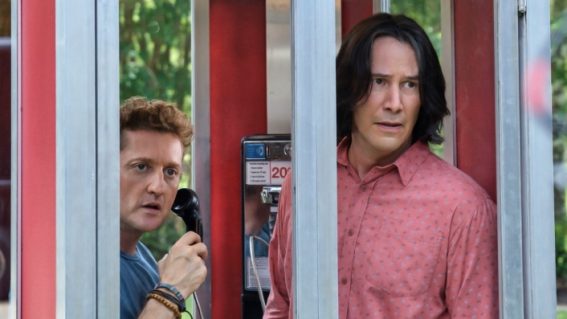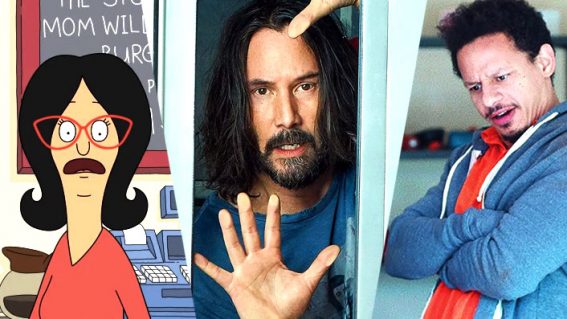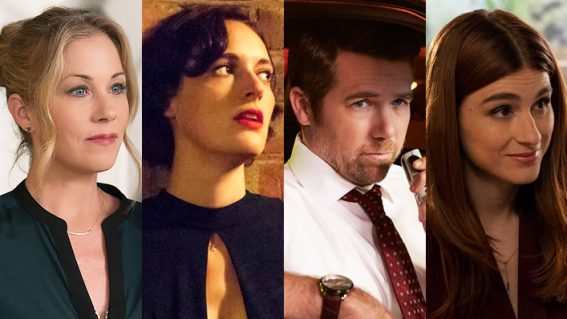Bill and Ted Face the Music is so good it made me cry
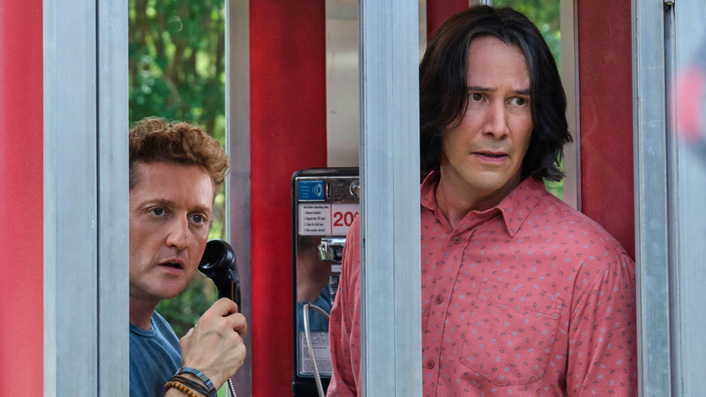
The new Bill and Ted movie (in cinemas September 10) could have been cynical and half-arsed. Instead this blisteringly funny and open-hearted film is one of the year’s great surprises, writes critic Travis Johnson.
Of all the curveballs that 2020 has thrown at me—and there have been more than a few—“crying at a Bill and Ted movie” might be the wildest. But here we are; if you manage to make it to the final, wonderful, post-credits scene of Bill and Ted Face the Music with dry eyes, you’re made of sterner stuff than me.
But believe me when I say they were tears of joy. The third Bill and Ted movie, coming along almost 30 years since 1991’s Bill and Ted’s Bogus Journey, is like a warm hug from an old friend. What could have been a cynical, half-arsed take on a valuable but fallow piece of recognisable IP is instead blisteringly funny, disarmingly open-hearted and goofily inventive. It’s also surprisingly deep, in its own weird way.
For those who came in late, California slackers Bill S. Preston, Esquire (Alex Winter) and Ted ‘Theodore’ Logan (Keanu Reeves) were destined to write a song that would bring all of creation together in universal harmony. As chronicled in Bill and Ted’s Excellent Adventure, a failed history class would see the pair split up, prompting the future society based on their philosophies to give them a time machine so they could learn history first hand, ace their final, and go on to save the world.
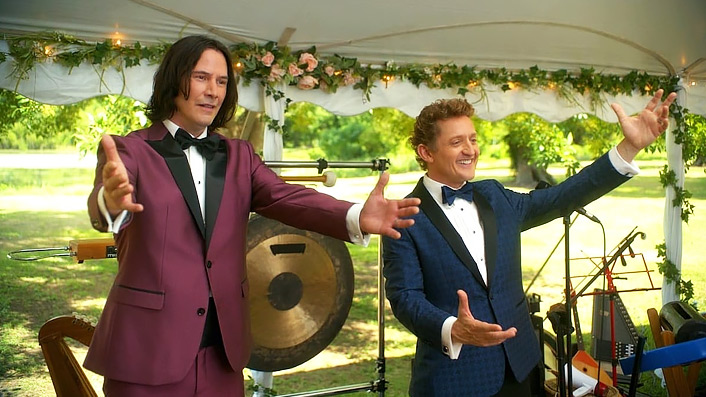
Now, in the grim world of 2020, the now middle-aged Wyld Stallyns have not lived up to their storied potential and are playing weddings and bars, much to the chagrin of their families and the endless adoration of their teen daughters Billie (Samara Weaving, pretty great) and Thea (Brigette Lundy-Paine, note perfect as Keanu Jr.). This failure means the end of all reality in fairly short order, which leads to another time travel mission.
Two, actually: while the creatively blocked Bill and Ted travel forward in time trying to get to a point where their future selves have already written the song, Billie and Thea traipse through history collecting legendary musos (Jimi Hendrix, Amadeus Mozart, Louis Armstrong, et al) to form a band for their dads. And off we go.
But while the plot, crafted by original Bill and Ted screenwriters Chris Matheson and Ed Solomon, is fairly perfunctory for this sort of thing, on a thematic level Face the Music deals with some surprisingly heavy vibes: unrealised potential, middle-aged mediocrity, and the generational malaise of Gen X, whose ironic detachment has largely left us (yes, us) spectators rather than participants of the world. The film kind of beats us up about it; while the filmic impending apocalypse is some kind of vague, cosmic disaster, you can sub in the real world looming catastrophe of your choice, and Bill and Ted’s failures largely stem from just trying to do the same old stuff over and over again in the face of a dynamic, rapidly changing world that doesn’t have much time for their nonsense. Ouch, dude.
To soften the blow, the message is delivered by, well, Bill and Ted, and it is amazing how good it feels to spend time with those wide-eyed holy fools right now. Reeves and Winters slip right back into character without missing a beat, and the Bill and Ted of 2020 are recognisably extensions of the dim but endlessly optimistic teens we met back in ’89. Their impossibly intimate friendship is the beating heart of the entire exercise, and the affection the pair have for each other is palpable every second they share on screen. We also get the added treat of multiple Bills and myriad Teds, as the central pair encounter future versions of themselves over the course of the film.
The jaded may balk and, yeah, it’s been said in pretty much every other review out there, but it bears repeating: Bill and Ted Face the Music is the movie the world needs right now: a hopeful, hard-rocking adventure across time, space, death, and reality. It is a paean to connectedness, inclusivity, solidarity, and empathy; a film that acknowledges the mistakes of the past and the challenges of the present, but remains optimistic about the future. It really is most excellent.




